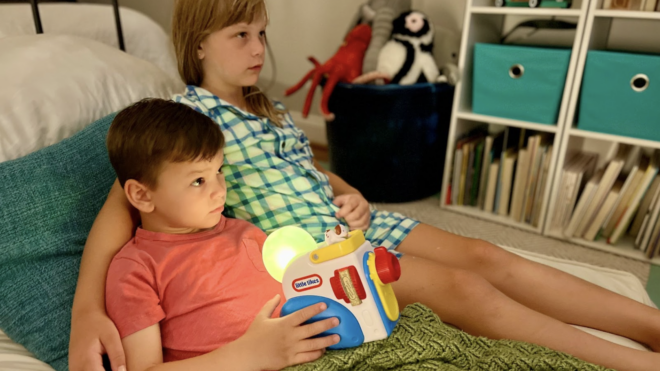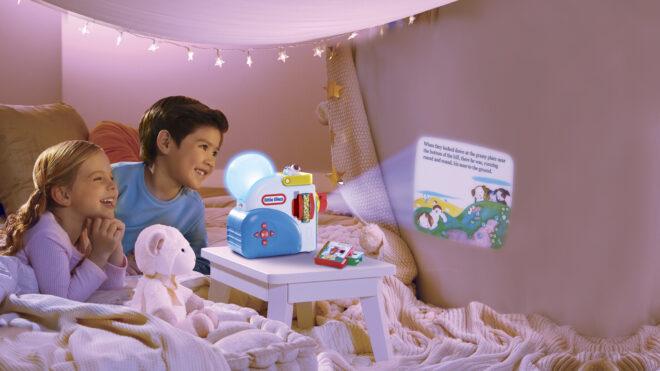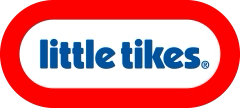
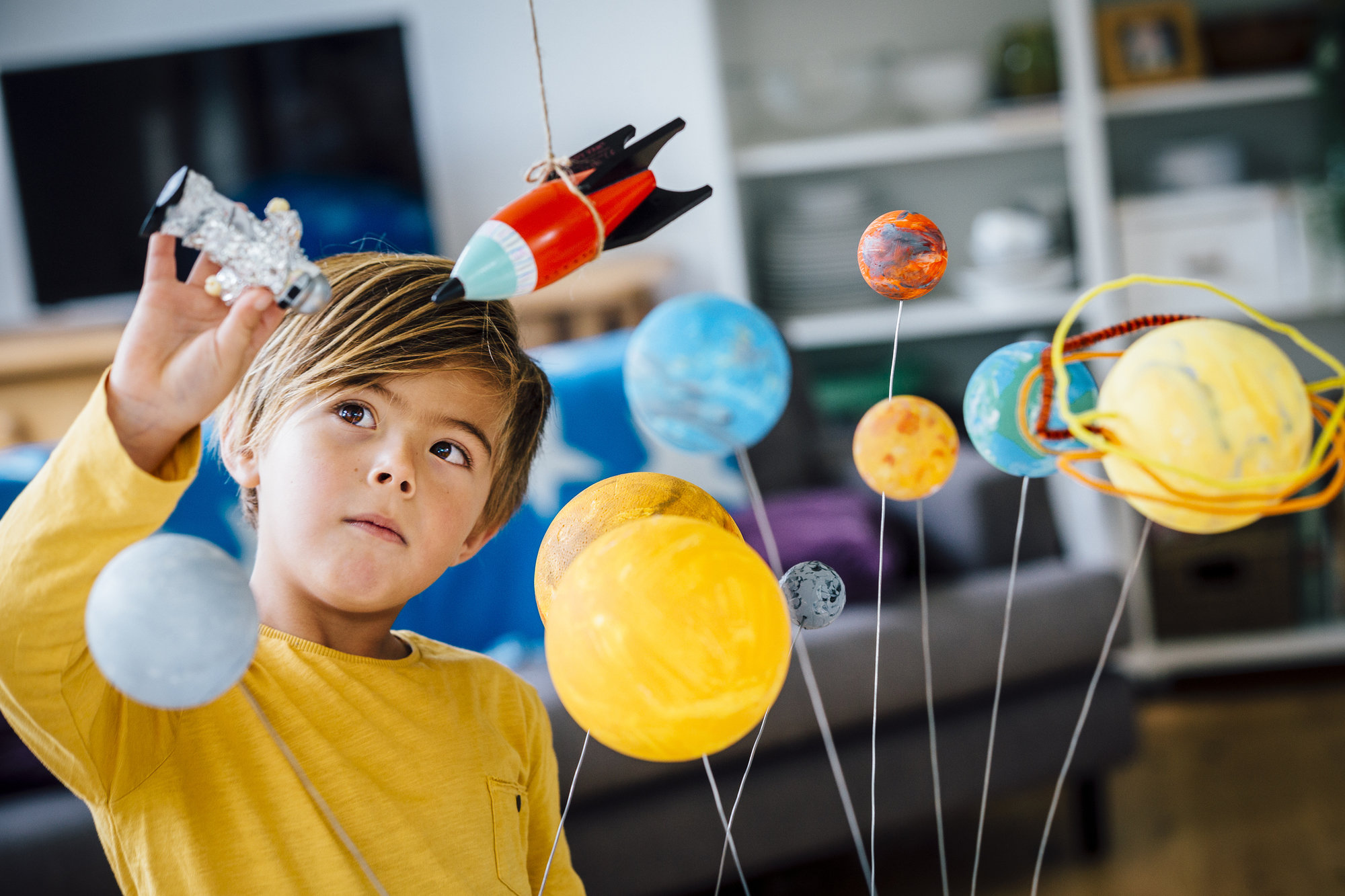
My 5-year-old loves math. She's happy to sit for an hour doing counting pages and simple addition problems in the math workbook she begged me to buy. So far she's never heard anyone say that math is boring or science is hard. She's a STEM (science, technology, engineering, and math) loving girl and I want it to stay that way!
Science literacy is an important value for our family and I really want to encourage both of my kids to develop a love of STEM and learning more about how the world works. But more importantly, I want STEM learning to feel natural and fun.
I talked to 10 moms who are making a point of raising STEM-savvy kids — click on for some smart ideas (that work!) from some science-loving parents!
Explore the Outdoors

"I think encouraging a love of nature helps build a love of science. We do a lot of hiking and camping, and the kids are getting really good at identifying plants and animal tracks (and scat!). I feel like the stage is set for a lifelong interest in natural sciences, which is important to me since I'm a botanist!" — Meri W., Los Alamos, New Mexico
Get Them Building Toys
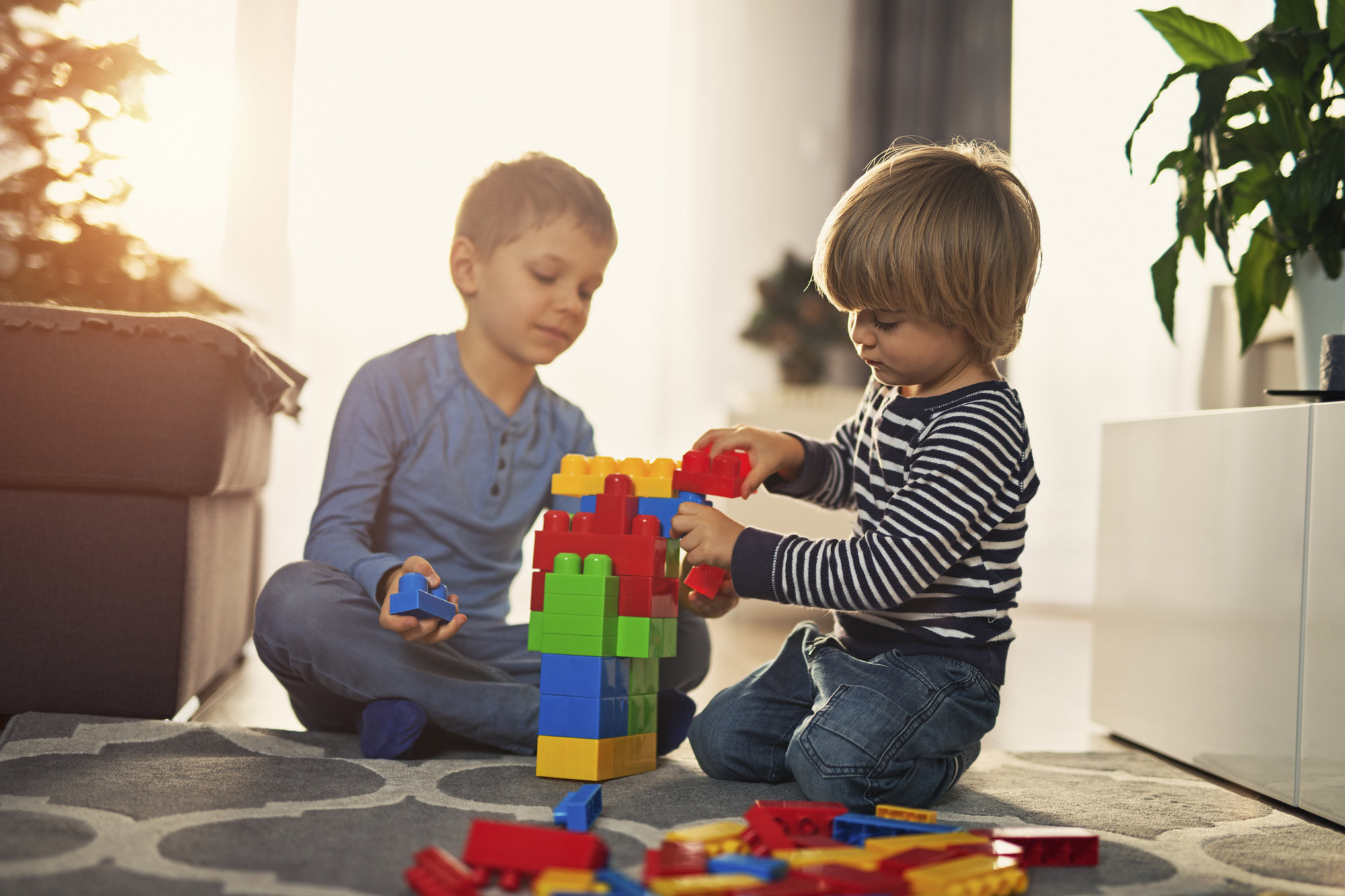
"My husband is an engineer, and I'm convinced his passion for engineering started with having Legos as a kid. I'm all about the building toys for that reason. I don't love them being all over my floor all the time, but at least [my kids] love to play and are learning about how to build." — Arlene D., Hastings, Nebraska
Just Add Tools
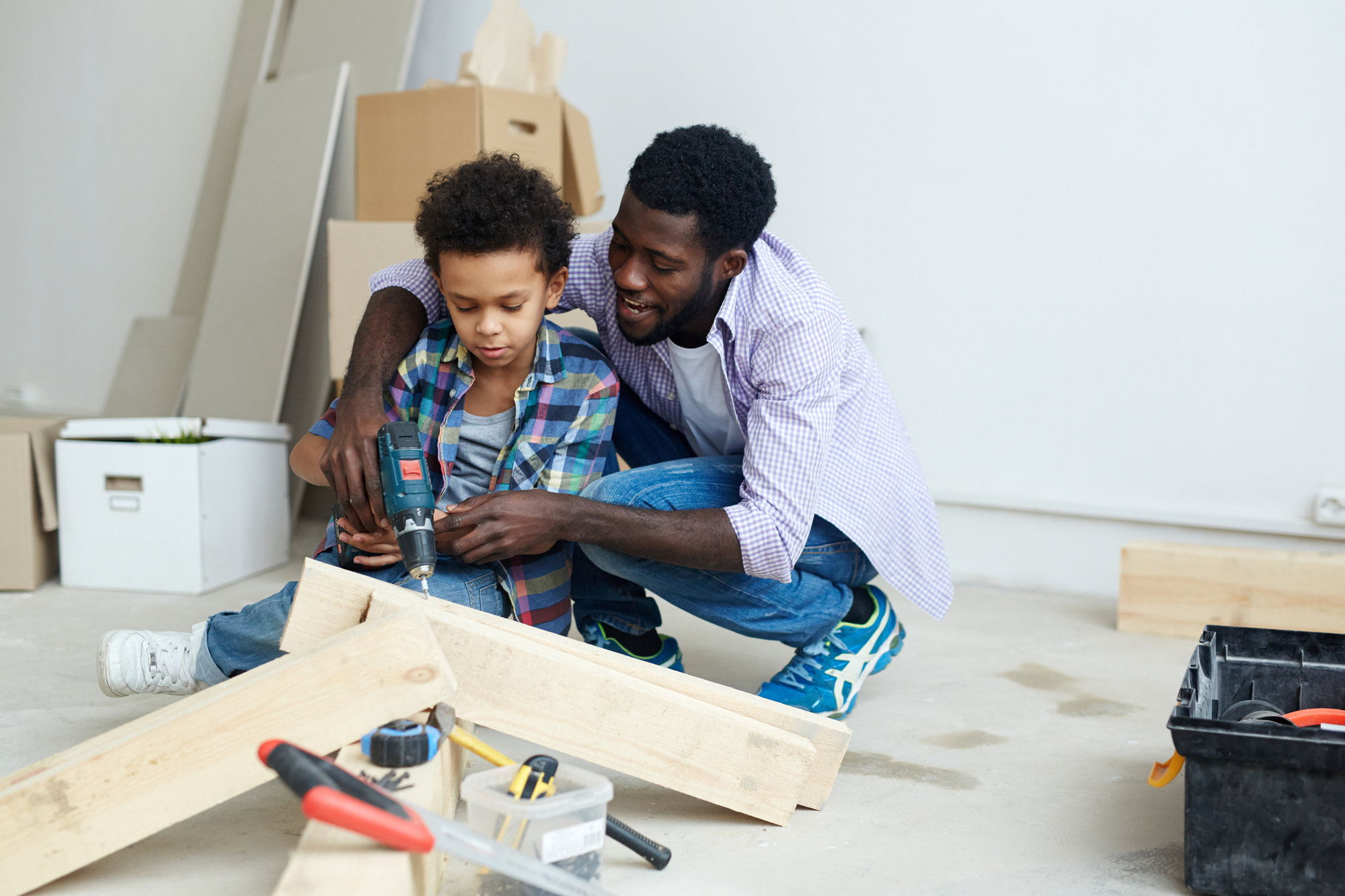
"My husband and I got each of the kids their own tool kit and gave them access to all the scrap wood from our never-ending home reno project. They get to experiment with building whatever they want, which actually lets them learn about math (measurements and stuff) and engineering." — Janie R., Hopkins, Minnesota
More from CafeMom: 10 Cool Backyard Science Projects You'll Love as Much as Your Kid Will
Talk Positively

"Real talk: I hated math growing up. I always felt dumb, and it just felt hard. But my daughter really seems to love it so far, and I want to support that. I want her to feel 'math smart.' I might not be the one to be able to teach her a lot of math stuff, but I can support it by not doing any negative talking about math. Like no 'math is hard' kinds of comments, no allowing people to make jokes about girls not being good at math, that kind of stuff. We only talk about math in encouraging words, and I think that matters." — Karen S., Denver, Colorado
Give Science-y Gifts
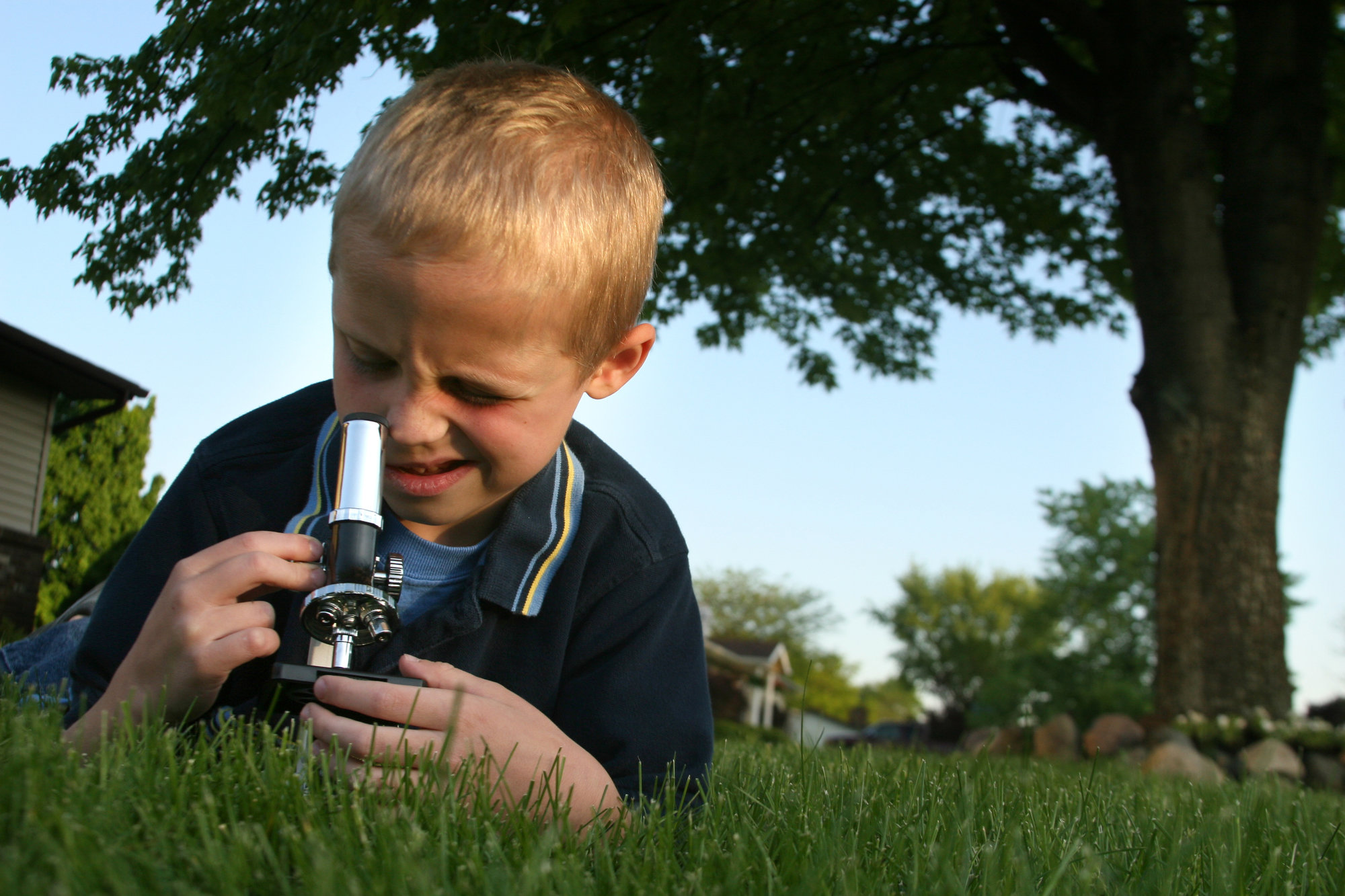
"I got my son a microscope for his birthday, and he loves it! It was a little gross when he decided to use it to look at his own spit and boogers, but science can be a little gross sometimes, right? He's already asked for an anatomy coloring book for Christmas, which is super cool." — Tasha D., Saint Paul, Minnesota
Light a Spark

"My kids are both learning coding, and each have their own websites they've built and keep updated. Right now it is all just fun for them. The coding program they use is like a game. I do hope it's laying a foundation for a future interest in the tech industry or maybe majoring in computer science someday, but right now it is all about keeping it fun and lighting a spark." — Monica G., Trenton, New Jersey
Start a Club
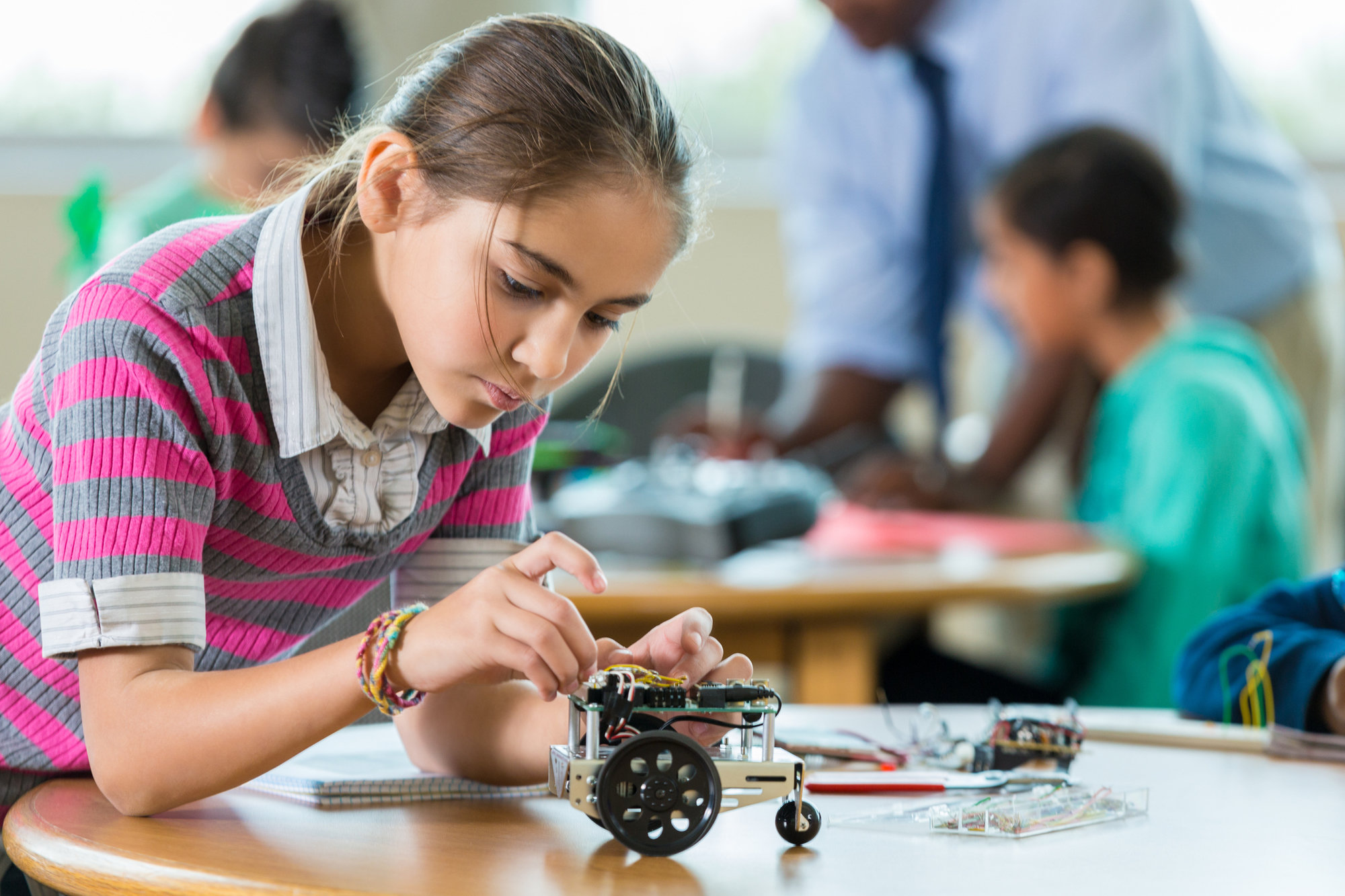
"My daughter has always been super into building and taking apart things. One of her friends goes to a private school that has an amazing robotics club, and she was super jealous. So we worked with her principal and the PTA to start our own club. They are still the underdogs when it comes to competition but they are all loving the experience, I think." — Kate L., St. Louis, Missouri
Let It Grow
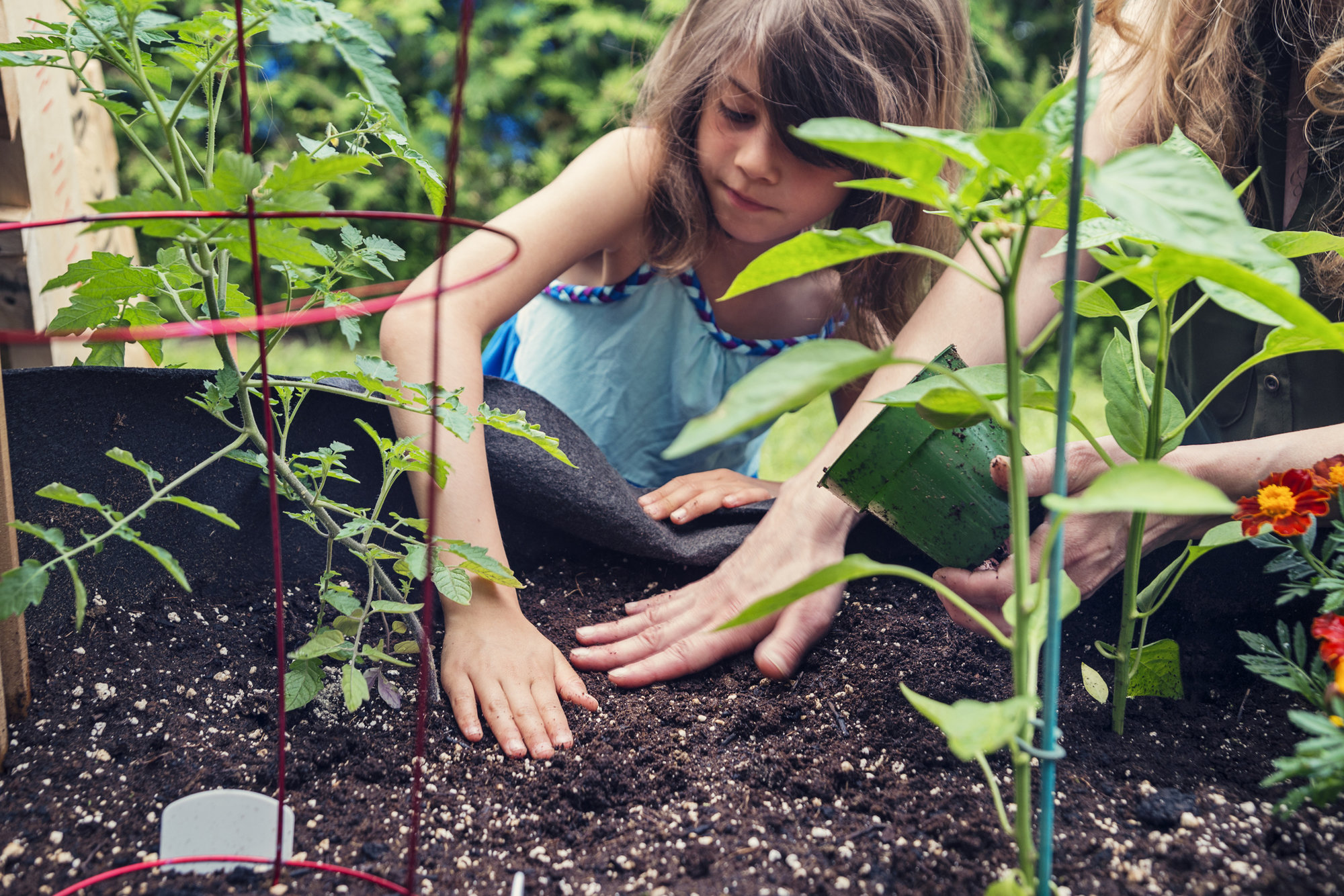
"Gardening is a great way to teach science in a low-key way. We can talk about the growing cycle and even about the ways to get good soil (hello, first chemistry lesson!). Even our compost bin is science, and the strawberries we grow are a lovely end result." — Anne S., Milo, Iowa
Get a Kit
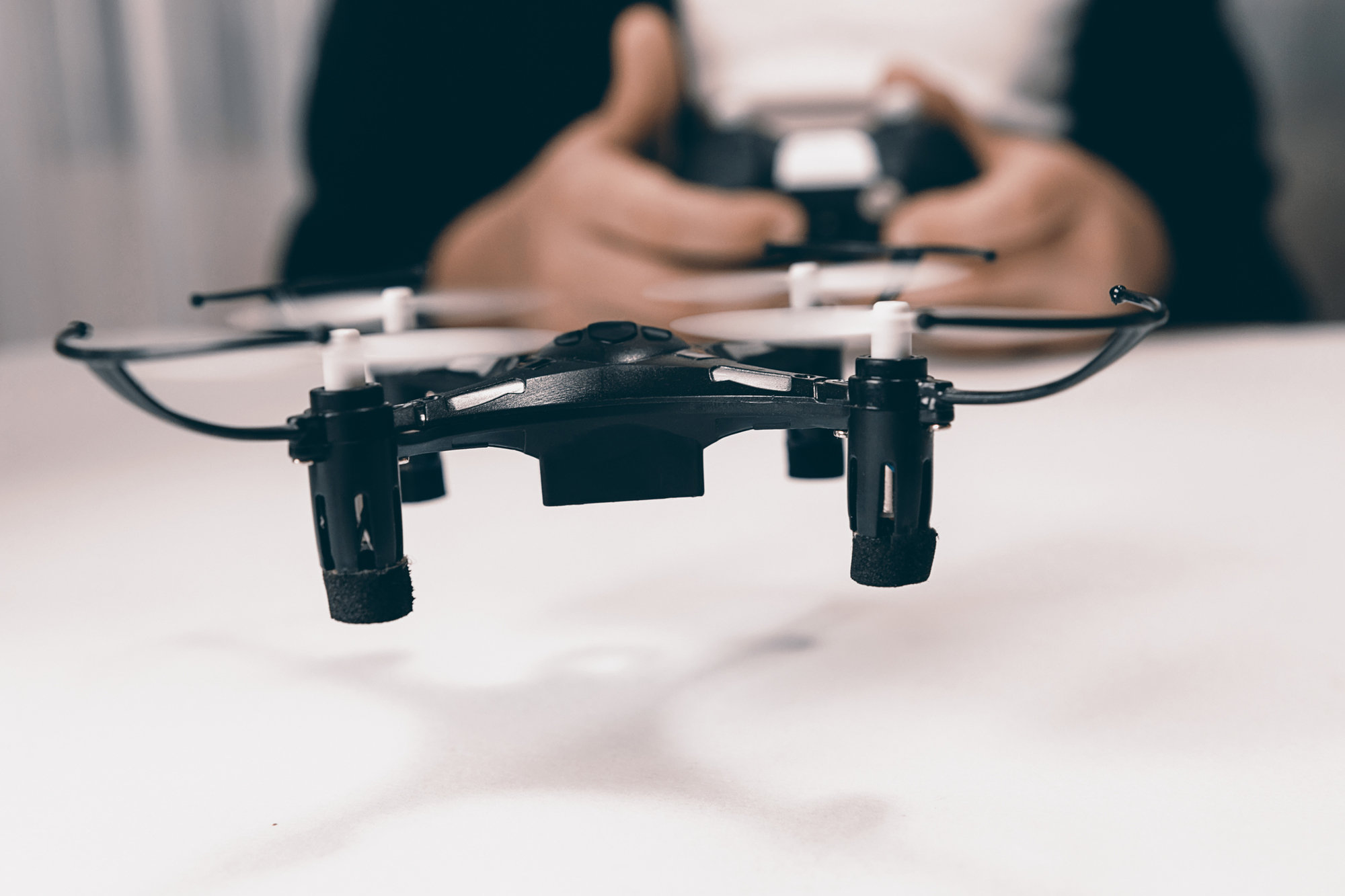
"My kid thinks anything that flies is awesome, so he and my husband got a drone building kit. Not only does that teach him how to build stuff, but flying is a really good way to learn about physics. Also drones are just fun and cool." — Bethany W., Brooklyn Center, Minnesota
Make Change
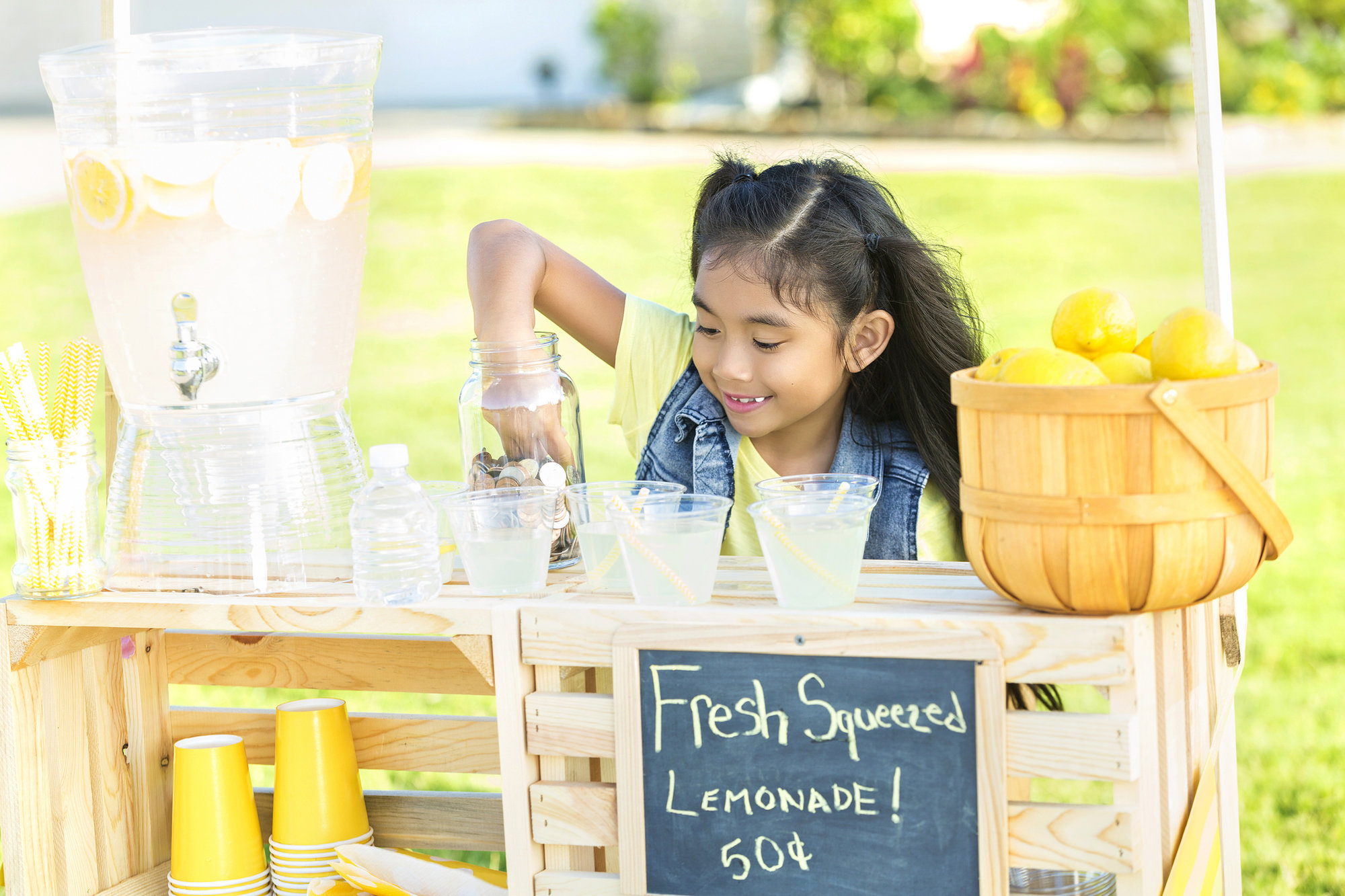
"This is so simple, but for little kids a lemonade stand is a great way to help [them] develop math skills. Measuring the ingredients is the intro to understanding fractions. Making change is basically an ongoing math problem. And money is a math manipulative. But it's also just fun." — Allie J., Mesa, Arizona

